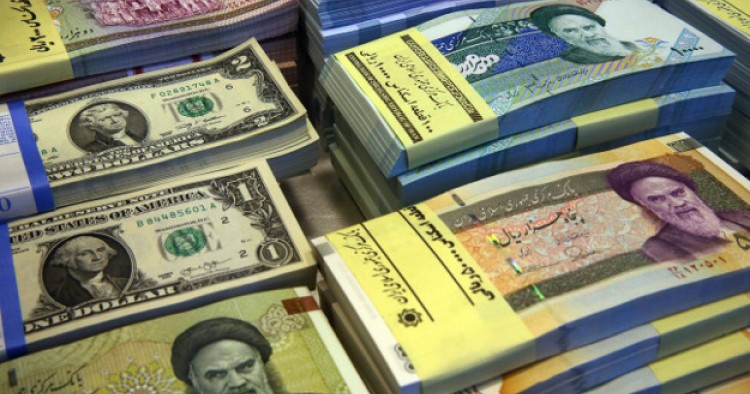Read the full article on Foreign Policy.
Two weeks ahead of critical elections, President Hassan Rouhani can boast of achieving two of his key election pledges from 2013: He secured a groundbreaking diplomatic nuclear deal with world powers and has removed crippling sanctions on the country. Rouhani should, therefore, feel confident ahead of the Feb. 26 vote and see himself as well on course to winning re-election in 2017.
Unfortunately, not all in Iran have welcomed the president’s political ascendance. Now, they are rushing to put the brakes on Rouhani’s vision to open the country up economically and politically.
Iranian hard-liners, mostly connected to the Islamic Revolutionary Guard Corps (IRGC), have launched a relentless campaign attacking Rouhani’s every step ahead of the Feb. 26 parliamentary and Assembly of Experts elections. They will do anything to make him the first one-term president in the history of the Islamic Republic and are banking on a strong showing this month to mark the beginning of the end of his reign.
Invested reactionaries
While there are no dependable public opinion surveys on the question, popular support for Rouhani is by most accounts still solid, despite plenty of frustration among ordinary Iranians about the slow arrival of the economic benefits promised at the time of the nuclear agreement.
If he has a weakness, it’s in his questionable ability to maintain the cross-factional consensus that enabled Tehran to make nuclear concessions in order to bag a deal.
The Middle East Institute (MEI) is an independent, non-partisan, non-for-profit, educational organization. It does not engage in advocacy and its scholars’ opinions are their own. MEI welcomes financial donations, but retains sole editorial control over its work and its publications reflect only the authors’ views. For a listing of MEI donors, please click here.













